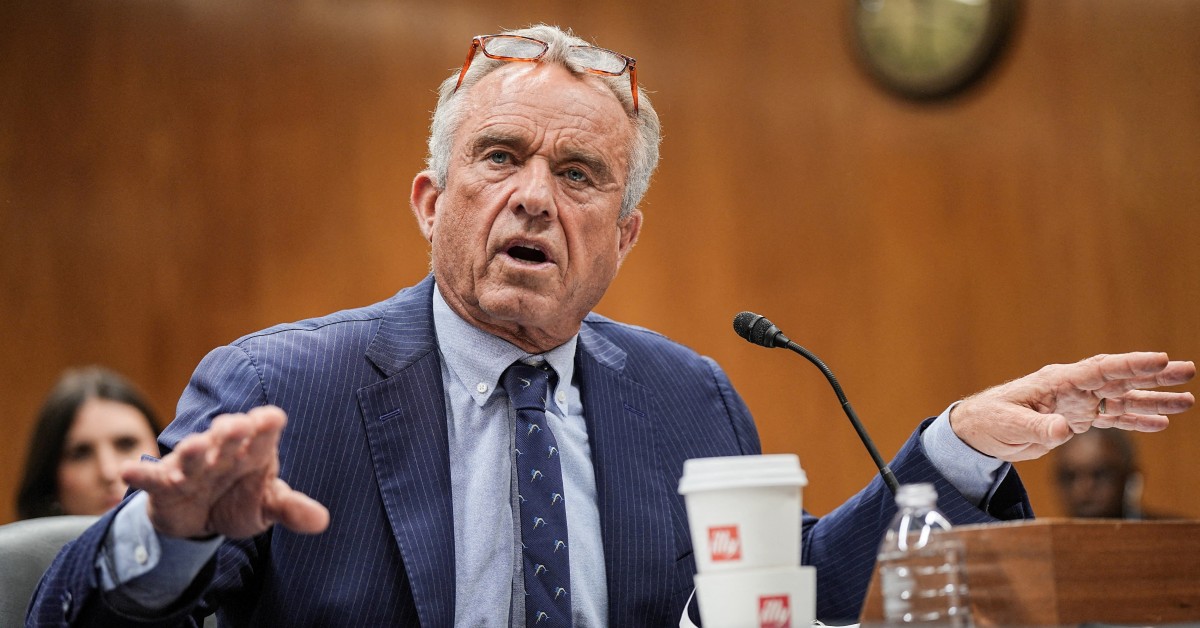
USA – Health and Human Services Secretary Robert F. Kennedy Jr. has dismissed all 17 members of the Advisory Committee on Immunization Practices (ACIP), the expert group responsible for vaccine recommendations in the U.S.
The decision, announced Monday, could significantly impact public trust in vaccines and immunization policies.
Kennedy, a long-time vaccine skeptic, argued in an opinion piece in The Wall Street Journal that the shake-up is necessary to rebuild confidence in vaccine science.
ACIP advises the Centers for Disease Control and Prevention (CDC) on vaccine eligibility, insurance coverage, and other crucial policies. Members of the committee are independent medical experts who base recommendations on scientific research.
Public health impact and concerns
The World Health Organization (WHO) has warned that misinformation surrounding vaccines can undermine public health efforts.
The organization highlights that vaccines undergo rigorous safety checks before being recommended, ensuring they protect against diseases while minimizing risks.
The CDC also emphasizes that its advisory panels follow strict scientific review procedures to maintain vaccine safety and efficacy.
The Health Department confirmed ACIP’s scheduled meeting from June 25 to 27 will proceed, with new members expected to lead discussions. However, Kennedy has not yet announced replacements for the outgoing advisors.
A shift in vaccine policy
Since taking charge of HHS, Kennedy has implemented significant changes to vaccine recommendations.
Under his leadership, routine COVID-19 vaccinations for healthy children and pregnant women have been halted, and programs aimed at developing future vaccines were canceled.
Kennedy defended the overhaul, arguing that some ACIP members were appointed late in the Biden administration, delaying the Trump administration’s ability to introduce new experts until 2028. He also claimed conflicts of interest have long influenced the panel.
Federal agencies, however, already enforce strict conflict-of-interest policies for advisory groups. The CDC ensures that vaccine committee members disclose any potential conflicts; no reported violations have occurred in recent years.
The future of vaccine trust
The Kaiser Family Foundation (KFF) has found that trust in vaccine safety is crucial for widespread immunization.
Their studies reveal that negative messaging about vaccines can reduce public confidence, making it harder to control diseases like measles and RSV.
Health experts warn that Kennedy’s committee shake-up could lead to politically influenced recommendations, possibly shifting vaccine discussions to focus more on perceived risks than benefits.
Despite criticism, ACIP has historically taken a cautious approach to vaccines. In some cases, it has recommended more limited use of certain vaccines than the FDA allows.
For example, while the FDA approved Merck’s HPV vaccine for people aged 9 to 45, ACIP restricted its recommendation to those aged 9 to 26 due to lower public health benefits for older age groups.
XRP HEALTHCARE L.L.C | License Number: 2312867.01 | Dubai | © Copyright 2025 | All Rights Reserved